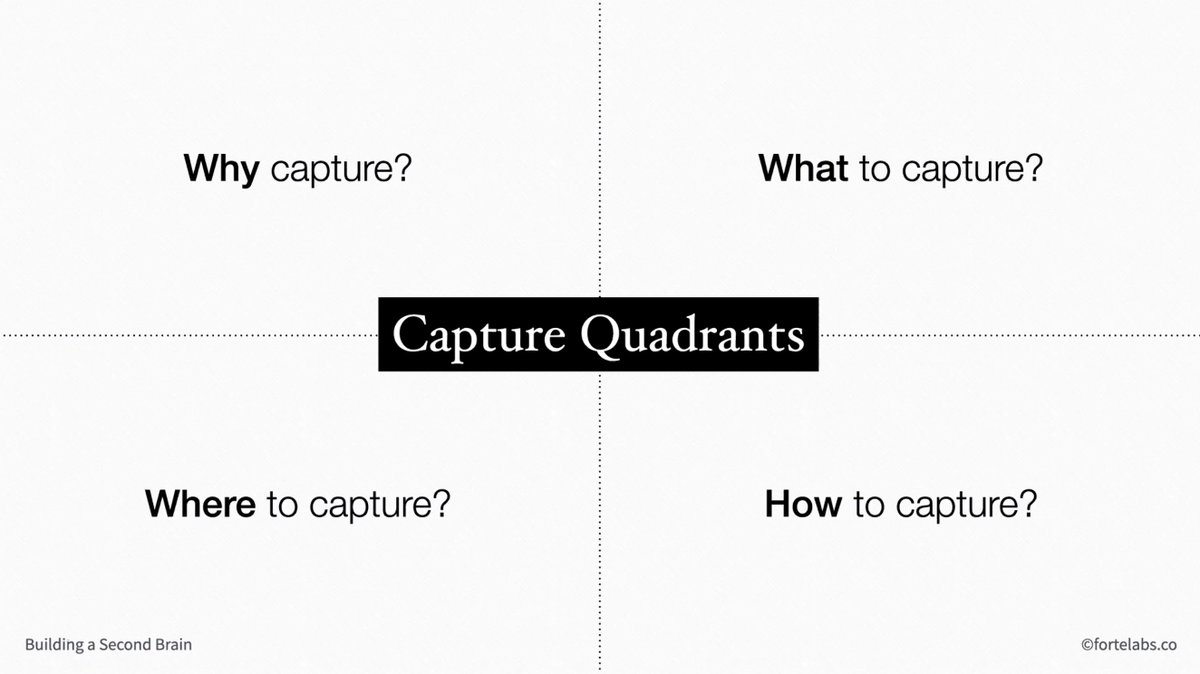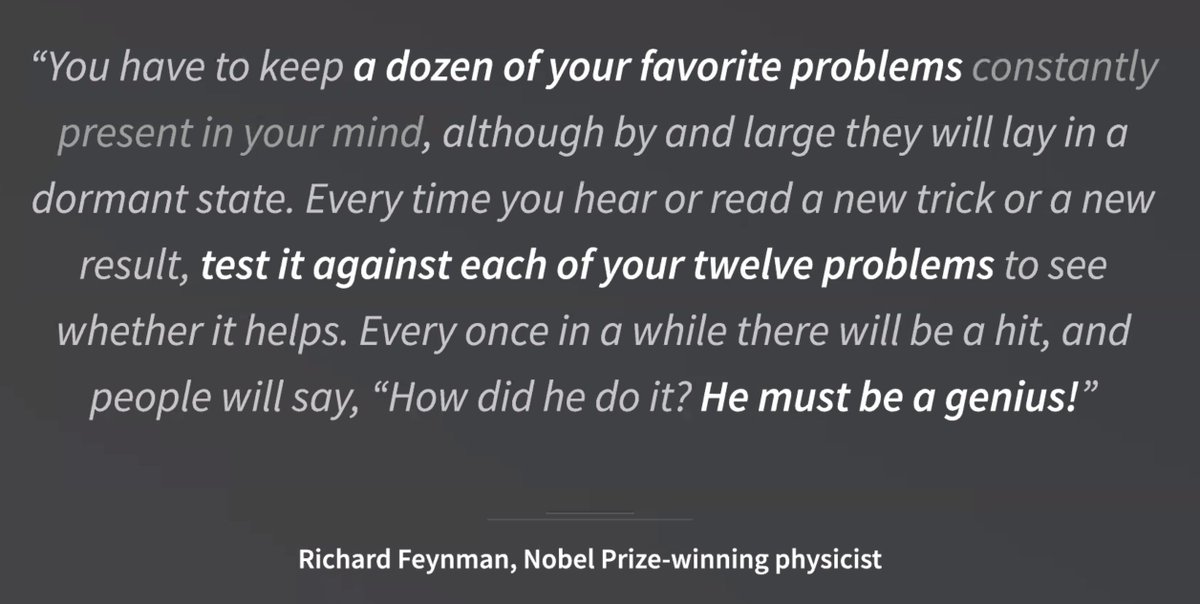Platforms like @teachable and @podia make it easy to launch an online course, but this does not mean online courses are good.
A rant about the state of online education.
Some students need visuals, a few better absorb knowledge when listening, while others need hands-on practice before an idea clicks.
A good curriculum hits all of these areas.
Course creators admit this. They'll tell you it's possible to learn their stuff for free online, but that they packaged everything on one platform and set out a roadmap.
That's not teaching.
As an online teacher, it's difficult to gauge if your students get your explanations. Text-based feedback is too slow and takes away from the learning experience.
The issue is that it's not directly scalable. Having 500 students, you'd need 50-25 teachers for personal guidance.
Not everyone can become a teacher. Being an expert in your field does not make you a good teacher; refining your explanation methods and then practice deliberately does.
1-on-1 guidance and methods that will help students for life are worth big bucks.
When you coach someone, you give them the tools and models to find their own answers.
As a teacher, you still need to be a subject-matter expert, but the main goal is to help people help themselves.
There's value in self-paced courses for those who know how to study and to apply what they learn. Online communities can help them when they have a question.
Small communities and deep 1-on-1 conversations are needed for epiphanies.
I have no exact answer on how to achieve this, but it's an exciting area to research.




